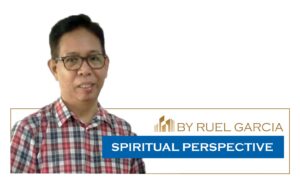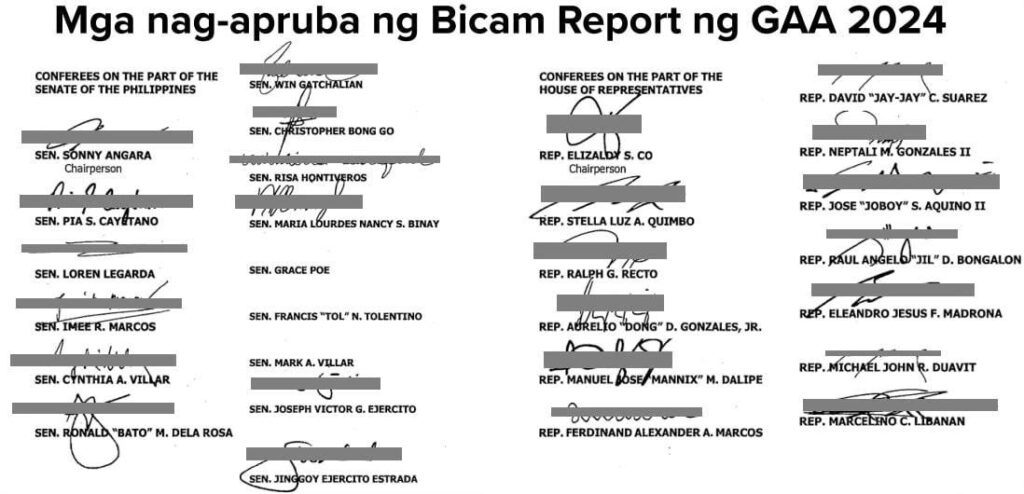Mark 9:30-37
“Ignorant” (French) and “ignoratem” (Latin) are the roots of ignorance. It means “not to know” or “to be unacquainted” in Latin. While ignorance can have an impact on a person, an ignorant person lacks the ability or intellectual capacity to learn. To become intelligent, an uninformed person must acquire more knowledge in accordance with their aptitude and ability. Jesus told his disciples about his passion and resurrection in today’s gospel, but they were unable to understand. They misunderstood what Jesus said as a result, and they were scared to question him about it.
Not many of us have followed the example set by the disciples. We set it aside without defining the problem to reduce some tensions and learn more about the subject. According to Donald Miller, ignorance is a choice in this era of information technology. It implies that ignorance serves as a warning sign to avoid many opportunities. What are these potential outcomes? Living a positive life is the main factor in having the best opportunity possible. According to both ancient and contemporary philosophers and theologians, living a positive life means concentrating on our spirituality.
We can avoid mental, emotional, and physical overloads by practicing spirituality. However, we also need to address the issue of ignorance about spiritual life in today’s world. Many of us are so preoccupied with technological advancements that we are unaware of what is actually happening. For example, our focus is on the flood control issue, where dishonest lawmakers and government officials embezzled billions of pesos. From this perspective, we are not doing anything to discard them. Thailand, South Korea, Nepal, and Indonesia took action to get rid of those corrupt officials.
Our lack of understanding of spirituality is the root cause of this issue. Oscar Romero, a Latin American priest who passed away, was a strong opponent of the state military’s and leftist and right-wing organizations’ violent actions that sparked El Salvador’s civil war. He advocates for the protection of the oppressed and impoverished individuals impacted by the internal conflict. They never pursued retribution for his 1980 assassination. When it comes to helping the impoverished, his favorite proverb is, teach them how to fish rather than give them fish. As a result, his legacy is a means of fostering spirituality and aiding the underprivileged.
The flood has affected all of us since last year, yet we have not taken any action to apprehend the true culprit. Some of the resource people at both chambers’ public hearings never reveal the truth. 90% of Filipinos actually knew who was responsible for this mess. Therefore, we are not politically illiterate. The question is why they remain in their current position. Since they are strong, we are afraid of them, aren’t we?
According to St. Augustine of Hippo, we must promote truth if we hope to immortalize our soul (spirit). The Filipino people’s spirit will oust those politicians and their supporters. The people involved in the flood control mess are evil, not human. They lack the motivation to assist the poor and lift them out of poverty. Instead, they enslave the poor to rely on them and revere them as a political savior.
Prophet Amos forewarned them, saying, “You have oppressed the poor and robbed them of their grain. And so you will not live in the fine stone houses you build or drink wine from the beautiful vineyards you plant. I know how terrible your sins are and how many crimes you have committed.” (Amos 5:11-12, NRSVCE) Together, let us embody the warning of Prophet Amos through our spirituality. To eradicate corruption in the government, we must band together. And that’s true spirituality.
Prayer
God of justice, please assist us in putting an end to corruption in our government. In an attempt to appear as political saviors, our politicians and their allies accuse us of being responsible for their misdeeds. Your mighty gavel achieves the justice we seek. Oh God, this is our request and prayer. Amen.
________________
Prof. Ruel D. Garcia is a theology professor at La Consolacion University Philippines as well as the former editor-in-chief of the International Journal on Culture, History, and Religion (IJCHR.paschr.ph).




